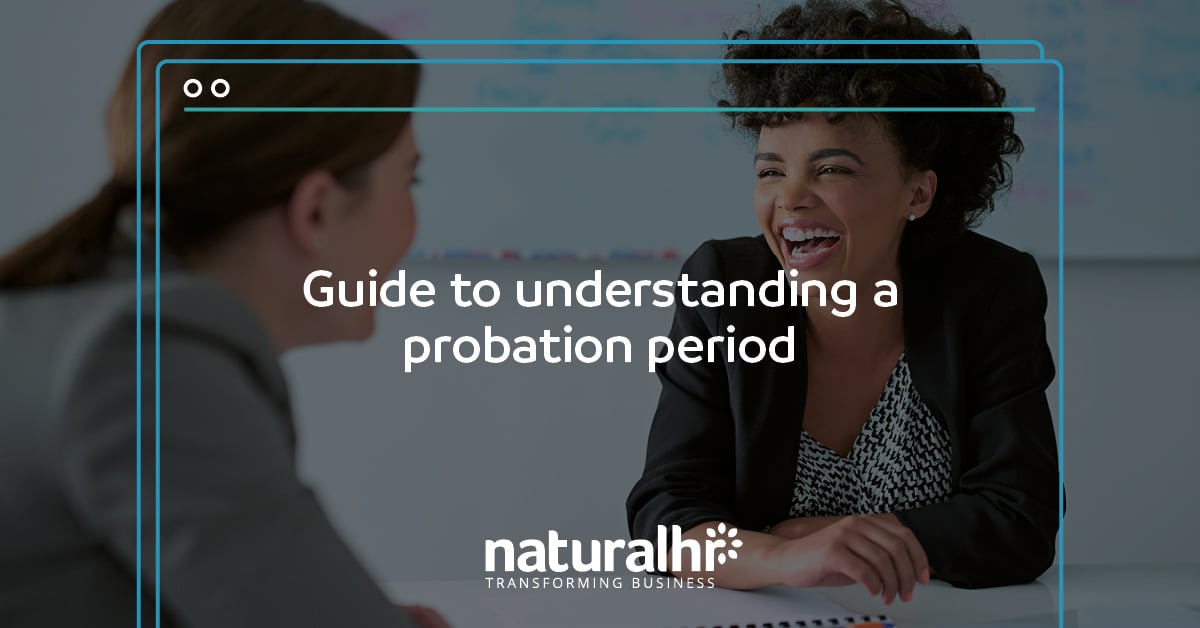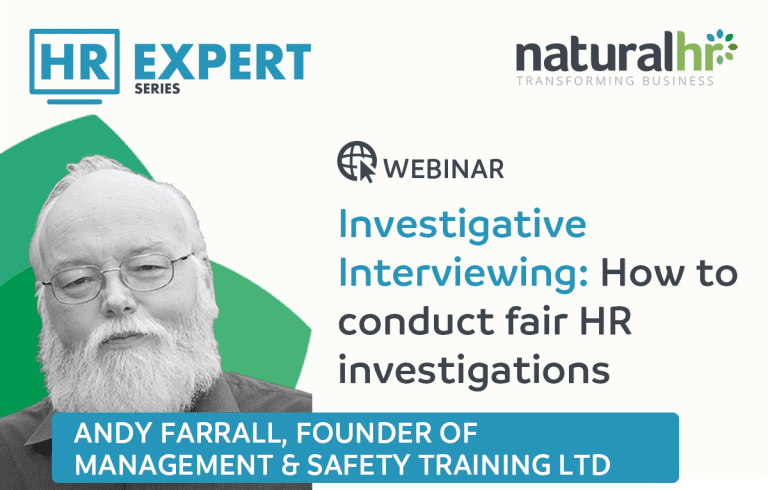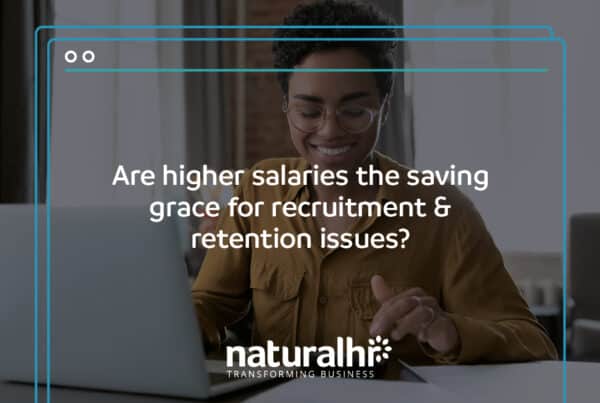
Guide to understanding a probation period
A probationary period is an extremely useful opportunity to ascertain whether or not a new employee is suitable for a role. This time at the outset of an employment contract, is practical for both the employer and the employee, as it enables both parties to decide whether the employee will be taking a permanent position with the organisation.
In this post, Natural HR looks at what probationary periods are, how long they should be, and why jobs have them. Keep reading to find out everything you need to know about probation periods.
Probation periods meaning
A probation period is an interval of time in which the suitability of an employee or trainee is evaluated. An employer can use this time to determine if the employee will be a good fit for the organisation, and the employee can decide whether the company is a good match for them.
The period of time is mutually agreed upon by both parties but is generally determined by the employer. During the probationary period, the employer can decide to part company with the employee if they are not working to expectations. However, after the employee probation period has ended, employment laws make it a lot more difficult to dismiss an employee without just cause and warning.
How long are probation periods?
The length of a probationary period differs depending on the position. The interval must be reasonable for the job role and mutually agreed upon. But the length of time can differ between one week and, in extreme cases, several years. A common job probation period is three months, after which the employee will be offered a permanent position or let go if unsuitable.
Why do jobs have probationary periods?
The purpose of work probationary periods is for the evaluation of an employee’s suitability for a role. The period gives employers or HR professionals a chance to watch the potential employees’ work performance, how they work with other team members, their attitude to the job, etc. All important aspects of the role can be evaluated during this time.
Tips for a successful probation period
A probation period should be a time of learning, understanding and interacting. If done correctly, a successful new employee will be enthusiastic about your organisation and fully ready to integrate into the company. Here are our top tips to ensure that your company offers a good probationary period:
Offer good performance management
For both the employer and employee, good performance management is crucial. This will enable you to keep track of your employee’s performance, give them feedback, and create performance reports, which will be very useful as the work probation period comes to an end.
Focus on strong communication
Communicating when an employee has done a superb job, as well as when they could improve, is extremely beneficial. Negative feedback and constructive criticism will allow the employee to work on their weak points. Positive feedback will ensure that the employee knows their good work is appreciated and will help motivate them to excel.
Have regular meetings
Along with performance management and strong communication, it is advantageous to meet regularly with the employee. This will give them the opportunity to speak openly about any concerns they might have and check whether or not they are meeting the expectations of their role or if they can improve in certain areas. Together with performance management and good communication, regular meetings will ensure that your new employee has a productive and beneficial probation.
Conclusion on probation periods at work
Probation periods are a useful, valuable interval of time in which an employee can be evaluated while deciding if a role is right for them. Our HR software features make managing employees simple and successful. If you would like to know more about using software to aid your probationary period, contact us today.
To find out more about how to conduct interviews during this period fairly and effectively, watch our webinar on investigative interviews here.
Find some relevant content below
A complete guide to developing your learning and development strategy in the workplace in 2022 and beyond.
Founder of Management & Safety Training Ltd, Andy Farrall, explored the practicalities of the investigation process – helping HR to analyse complex evidence and handle serious workplace allegations.
In this guide, you’ll find a blueprint for delivering an unforgettable employee onboarding experience including key tasks to complete ahead of an employee’s first day, a structure for their first few days and weeks plus much more.








